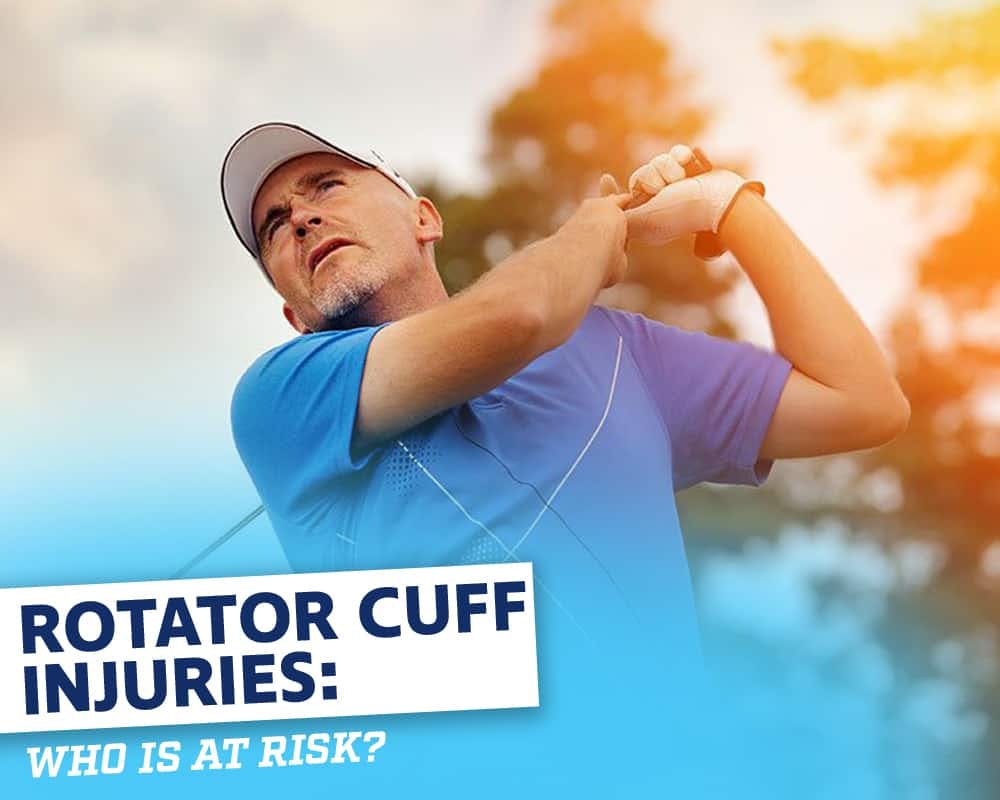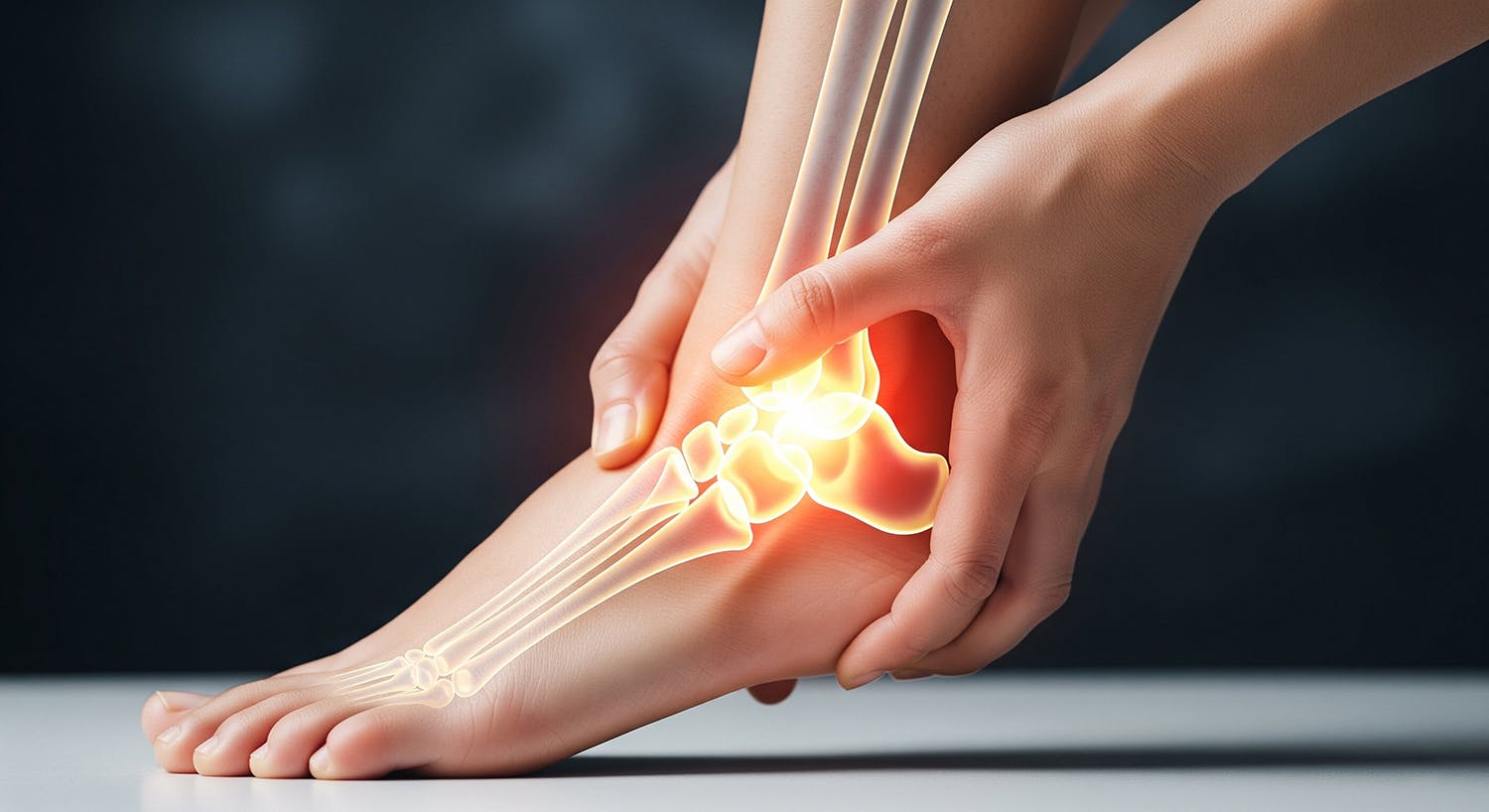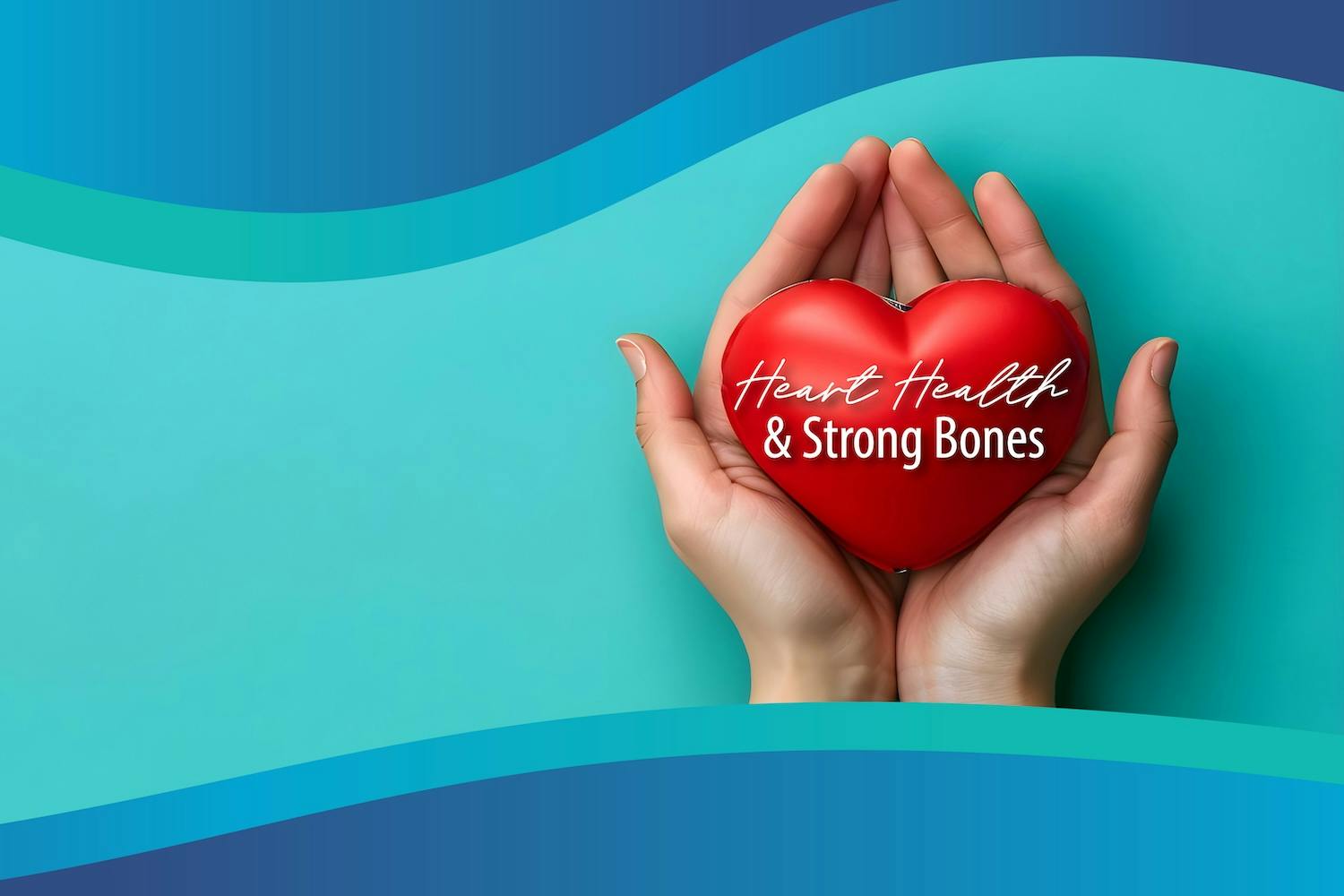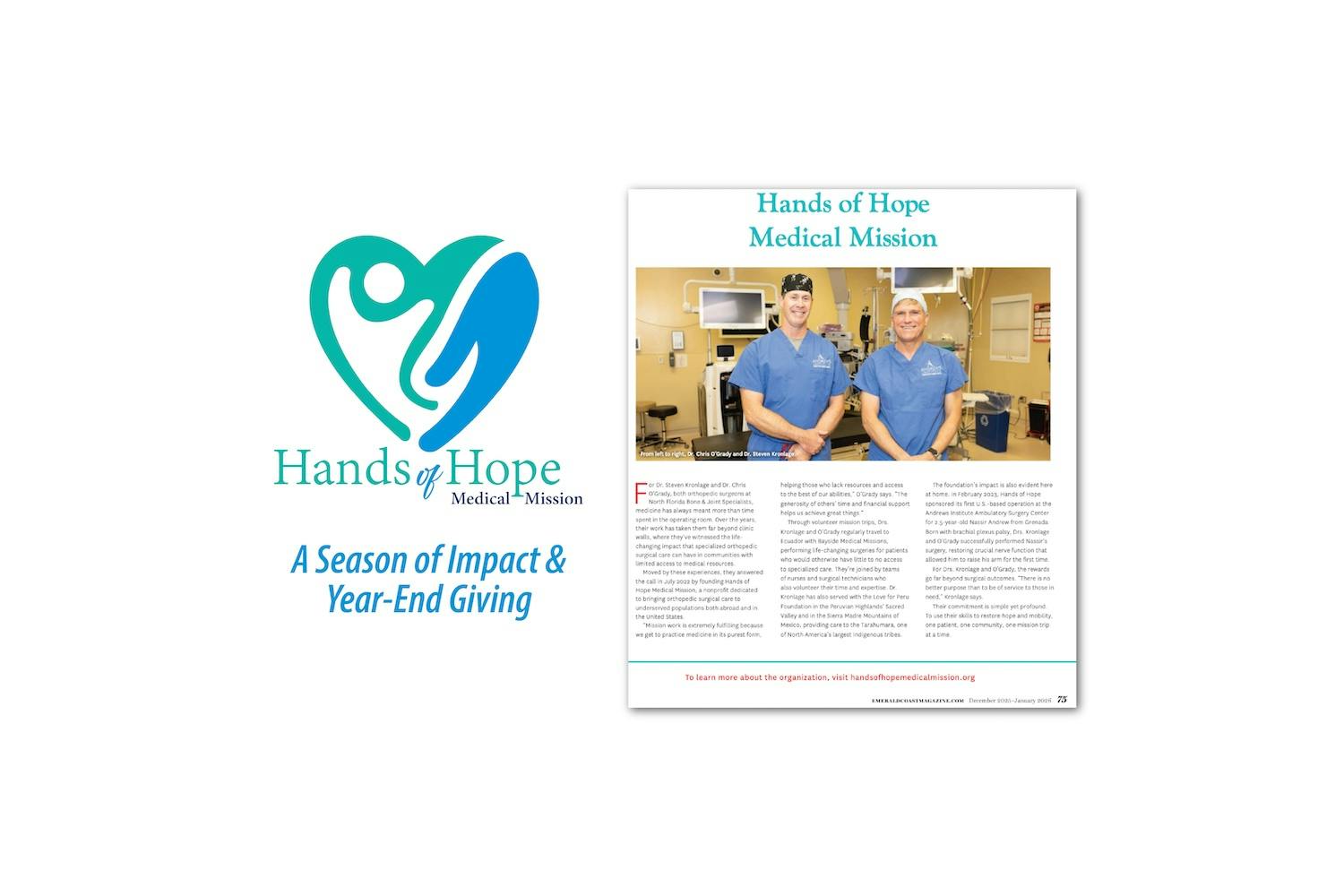- Blog
Rotator Cuff Injuries: Who is at risk?
Posted on 02-27-2026 in Shoulder by Dr. Chris O'Grady

Posted on 02-27-2026 in Shoulder by Dr. Chris O'Grady
The rotator cuff is comprised of four muscles that assist in moving and stabilizing the shoulder joint. When one of these muscles is damaged, it is known as a rotator cuff injury. This type of injury can be extremely painful and can limit the range of motion in the shoulder.
Symptoms of a Rotator Cuff Injury
Signs that indicate that the rotator cuff has been injured include:
Risk Factors
There are several risk factors that can increase the chances of a rotator cuff injury. These factors include:
If you are experiencing any signs of a rotator cuff injury and in you live in the Gulf Coast area, call us to schedule your consultation.

If you’ve ever sprained your ankle and thought, “this isn’t a big deal…it’s a minor injury,” you’re not alone. Ankle sprains are among the most common musculoskeletal injuries, especially in active adults and athletes. However, for some patients, what begins as a simple sprain becomes a frustrating cycle in which the ankle feels weak, unstable, and prone to “rolling” again and again. Understanding why this happens is the first step toward breaking the cycle and restoring long-term stability.

February is American Heart Month, a time to raise awareness about cardiovascular health and its far-reaching effects. While most people recognize the importance of heart health for longevity and disease prevention, fewer realize its critical role in musculoskeletal well-being. At North Florida Bone & Joint Specialists, we emphasize a comprehensive approach to orthopaedic care, recognizing that a strong heart supports strong bones and joints.

North Florida Bone & Joint Specialists is honored to share the Hands of Hope Medical Mission feature in the newly released December 2025/January 2026 issue of Emerald Coast Magazine. As part of the Medical Profiles section of this edition, the article highlights how two of our own, Dr. Steven Kronlage and Dr. Chris O'Grady, volunteer their time and talents to bring compassionate orthopaedic care to communities with limited access to medical services.